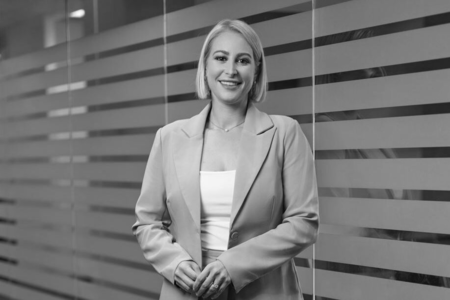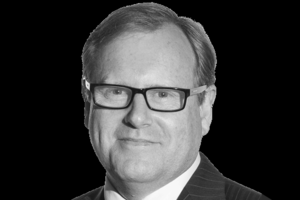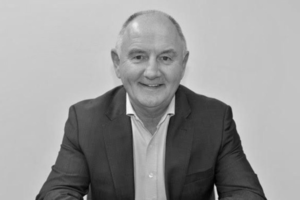Aligning risk with missionBY CHRISTOPHER PAGE | THURSDAY, 9 AUG 2012 12:43PMAsset consultant Towers Watson released research in June that concluded super funds should adopt a new approach to managing investment risk. Under this new approach, super funds ... Upgrade your subscription to access this article
Join the growing community of financial advisers
with unlimited access to our latest news, research and analysis of the industry.
Become a premium subscriber today. |
Latest News
Findex partners with brokerage firm to deliver 'best-in-class' service
Findex is entering a joint venture with Ortus Financial to bolster its expertise and breadth of its service.
ASIC funding levy to charge advisers $46.2m
The financial advice sector can expect to contribute $46.2 million to ASIC's industry funding levy for the 2025 financial year, new estimates show.
ASIC releases new relief for reportable situations regime
ASIC has provided AFSLs new reliefs to help them manage the reportable situations regime, which includes extending the length of investigations reportable from 30 days to 60 days.
TA Associates invests in Viridian Financial Group
TA Associates announced it will make an undisclosed investment in Viridian Financial Group to help the latter accelerate its next phase of growth.
Further Reading
Cover Story

Moving mountains
MAGDELINE JACOVIDES
FOUNDER & FINANCIAL PLANNER
MAZI WEALTH
FOUNDER & FINANCIAL PLANNER
MAZI WEALTH
On top of running a successful practice, Mazi Wealth founder Deline Jacovides is a fierce advocate for closing the superannuation gender gap and has built a highly popular social media presence that takes financial literacy to the next level. She tells Karren Vergara where her passion comes from and how she integrates it all with family life.
























I am constantly concerned by the number of superannuants who do not review their asset allocations each year or as they get nearer to retirement. A continued over exposure to [say] growth assets could be dangerous in the event that the markets continue their downslide and the "Baby boomer " now wants to live on depleted assets. What about the Risk Profile review as funds move into pension mode? In addition there are many investors who do not receive help from their industry fund or employer fund as to asset allocations and may sit haplessly in more volatile portfolios.
I am constantly concerned by comments similar to the above. One only has to review the research of Nic Murray, which now extends to a period of nearly 30 years, to see the devestating results to clients' returns by the continual reassessment of investments. In 1994 he reported the average managed fund in the US returned 12 per cent per annum for the last decade. For the same period, returns experienced by investors in those funds was 2 per cent annually. His latest research covers the 20-year period from 1990 to 2009. The S&P 500 hundred Index achieved an 8.2 per cent per annum return; the average investor 3.17 per cent. The Australian experience is no better. At best investors only receive 50% of the returns available from a managed equity fund. I would claim that investors sitting happlessly in a fund will do far better than from the changes recommended by an investment adviser. Investors in general are sitting at this point with less equities than they did in September 2007. Does that make any sense at all. Alternatively for anyone truley interested in investors' well being do this simple exercise. Assume that you bought an Australian mangaged equity fund at the worst possible time, say September 2007, and each 6 months simply restore that fund to its original value by either adding when it drops or rebalancing when it rises. Do the same exercise with a couple of shares that are still trading at levels far below 2007 levels, eg Westpac or BHP. The results obtained may cure you of ever again reassessing risk or basing asset allocation on future market or economic assessments. The lesson from the GFC is not that we need to constantly assess risk profiles and investemnt strategies rather that our original strategies are flawed with complete ignorance of fundamentals, namely, equities are a long term investment of at least 7 years. Yet retirees draw down the equity component from day1. Investors in equity products must be comfortable with their equity exposure and be comfortable with a drop of 50%. Yet in pleasant investment times they take on equities to an extent far beyond that comfort level. The facts are that nobody knows what direction the markets will take tomorrow or in the next few years. Therefore reassessing risk levels each year is simply an activity that may demonstrate to the investor that the adviser is actually doing something for them, and temporarily it may make them feel better. But at what cost? I am sorry but it is equally disturbing to see your portfolio risk forum use so much "rethinking". It is as if this is the time to abandon fundamentals when in fact the concerns are caused by an abandonment of fundamentals. I have written paper on the issue s around active investing. If anyone would like a copy emailed, send a request to [email protected]